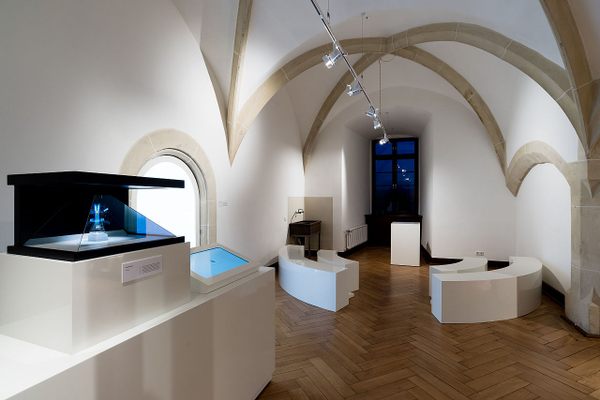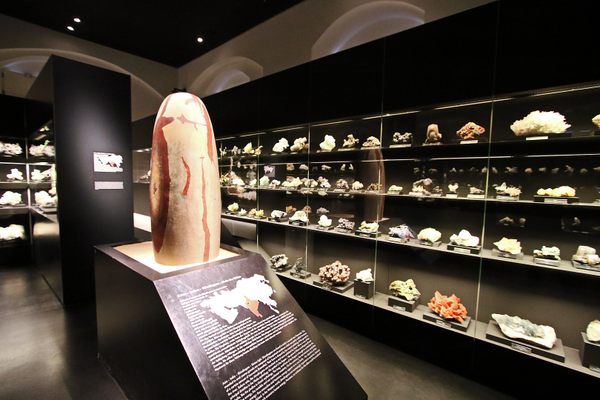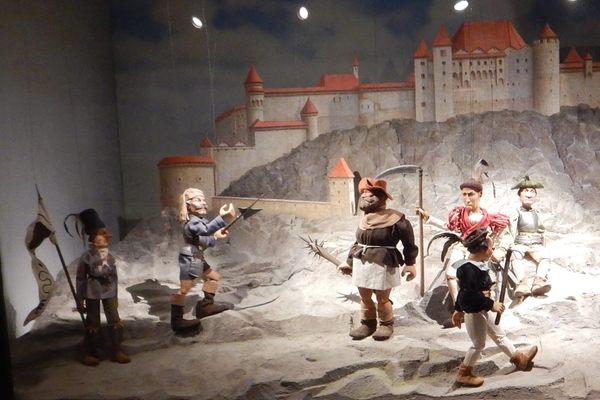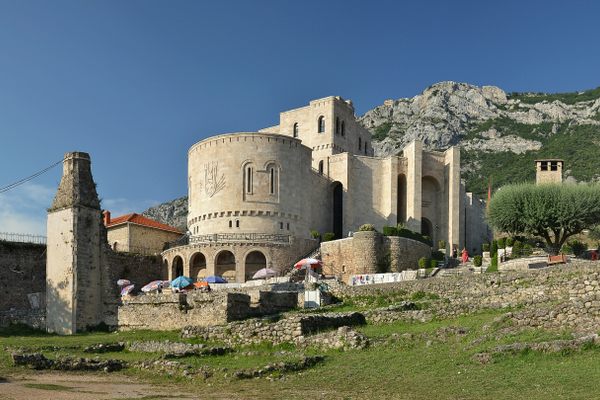About
During the last few centuries, the Polish state has undergone difficult times of foreign occupation, endured territorial partitions and annexions, lost and regained independence, and suffered from invasions and wars. Since during large parts of 19th and 20th centuries an independent Polish state did not exist of all, patriotic noble people and intellectuals founded several diasporic museums abroad to preserve Polish language, culture, and precious historic memorabilia. The last one of its kind is located inside a 13th-century castle in the Swiss town of Rapperswil, right by the picturesque Lake Zurich.
The Polenmuseum Rapperswil (Polish Museum Rapperswil) was founded in 1870 by Count Władysław Plater, who was forced to leave his home country after the Polish-Russian War and the failed November Uprising of 1830. As a result of the ongoing conflicts, Plater and thousands of Poles left the country, a movement that went down in history as the “Great Emigration,” an era spanning the years from 1831 to 1870.
The exile situation did not mean the end to Polish culture; instead, it produced a flourishing creativity among writers, painters, composers, scientists, and thinkers. The Polish Museum of Rapperswil served as an important place for intellectual exchange and exhibitions.
In 1927, after Poland regained independence once more, the situation felt safe enough to “bring home” the gathered treasures of Rapperswil. Almost the entire collection moved to Warsaw, and most of it was unfortunately destroyed during the German bombings in 1944, resulting in the loss of rare manuscripts and irreplaceable artworks.
The Rapperswil Museum reopened in 1975. Since then, the museum has provoked several controversies. Besides anti-Polish resentments, several attempts have been made to claim the museum rooms inside the castle for more profitable enterprises than a museum that seems to be a bit out of the place for people not being familiar with its history.
The exhibitions span several rooms and are filled with militaria, biographic portraits of famous Poles, everyday objects from different time periods, and folk art. A large hall displays the museum’s vast collection of oil paintings, and several rooms are dedicated to famous poets and writers, as the exhibition is linked to an impressive library and archive.
Related Tags
Know Before You Go
The museum is open daily from 1 to 5 p.m. from April through October) and only on weekends from 1 to 5 p.m. during in March, November, and December.
Community Contributors
Added By
Published
August 29, 2019

























